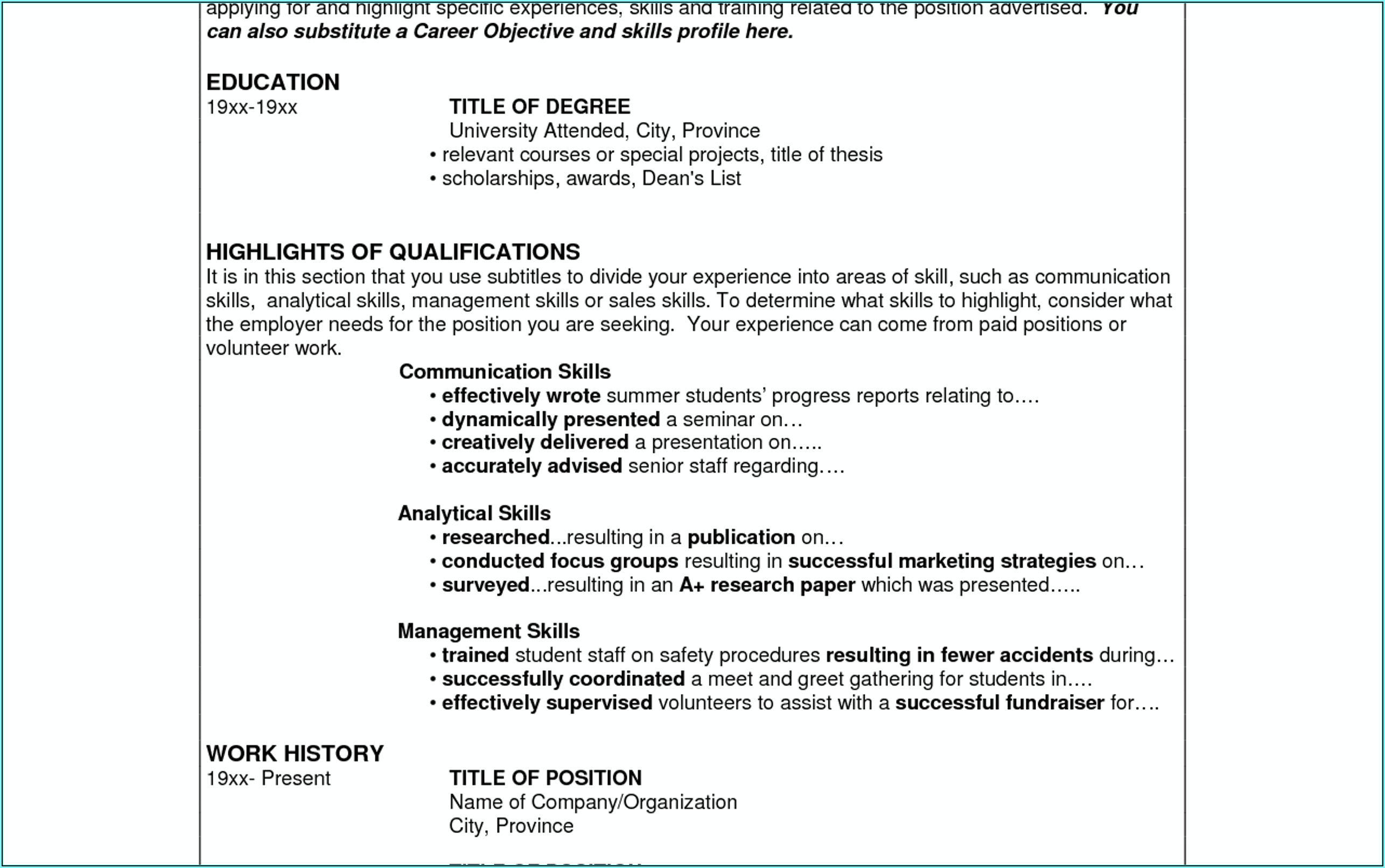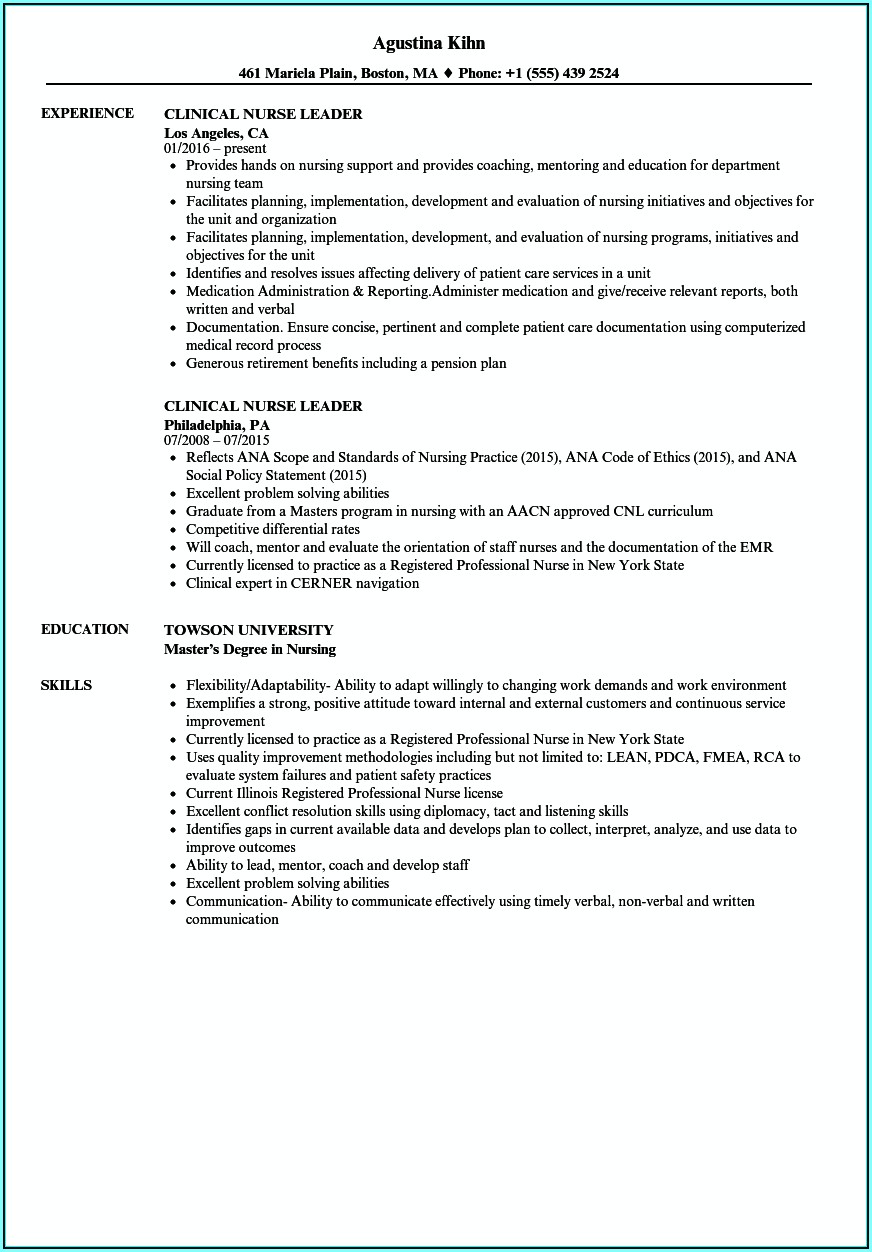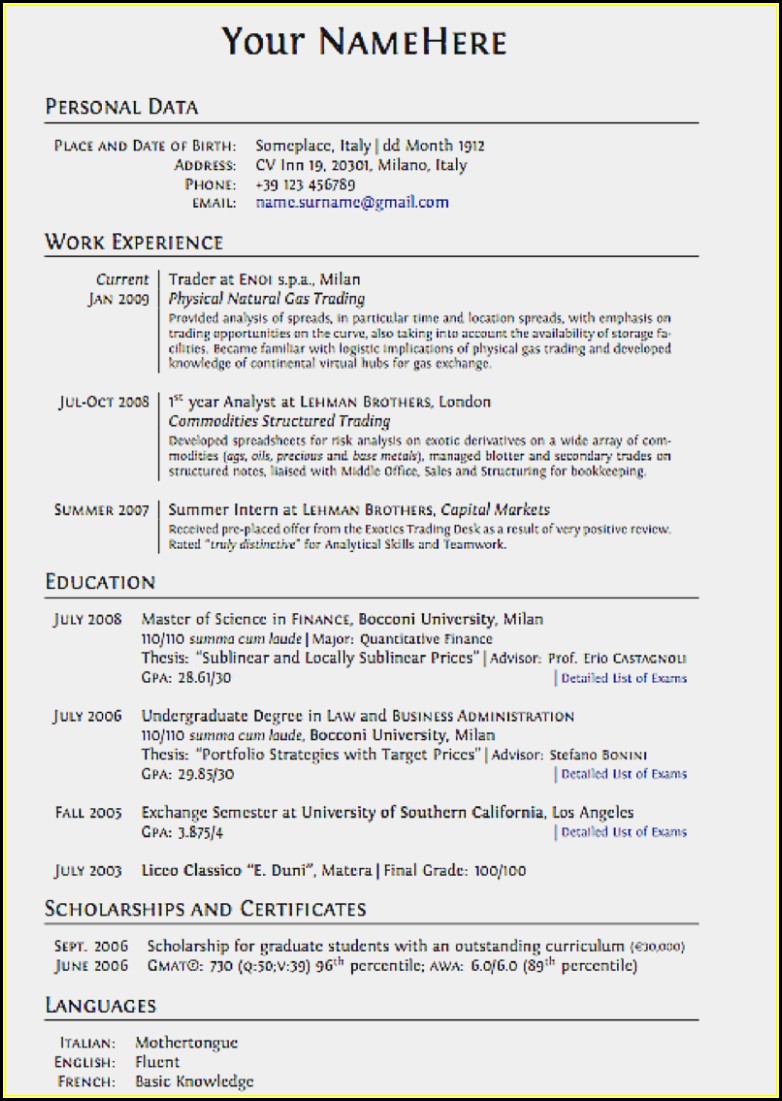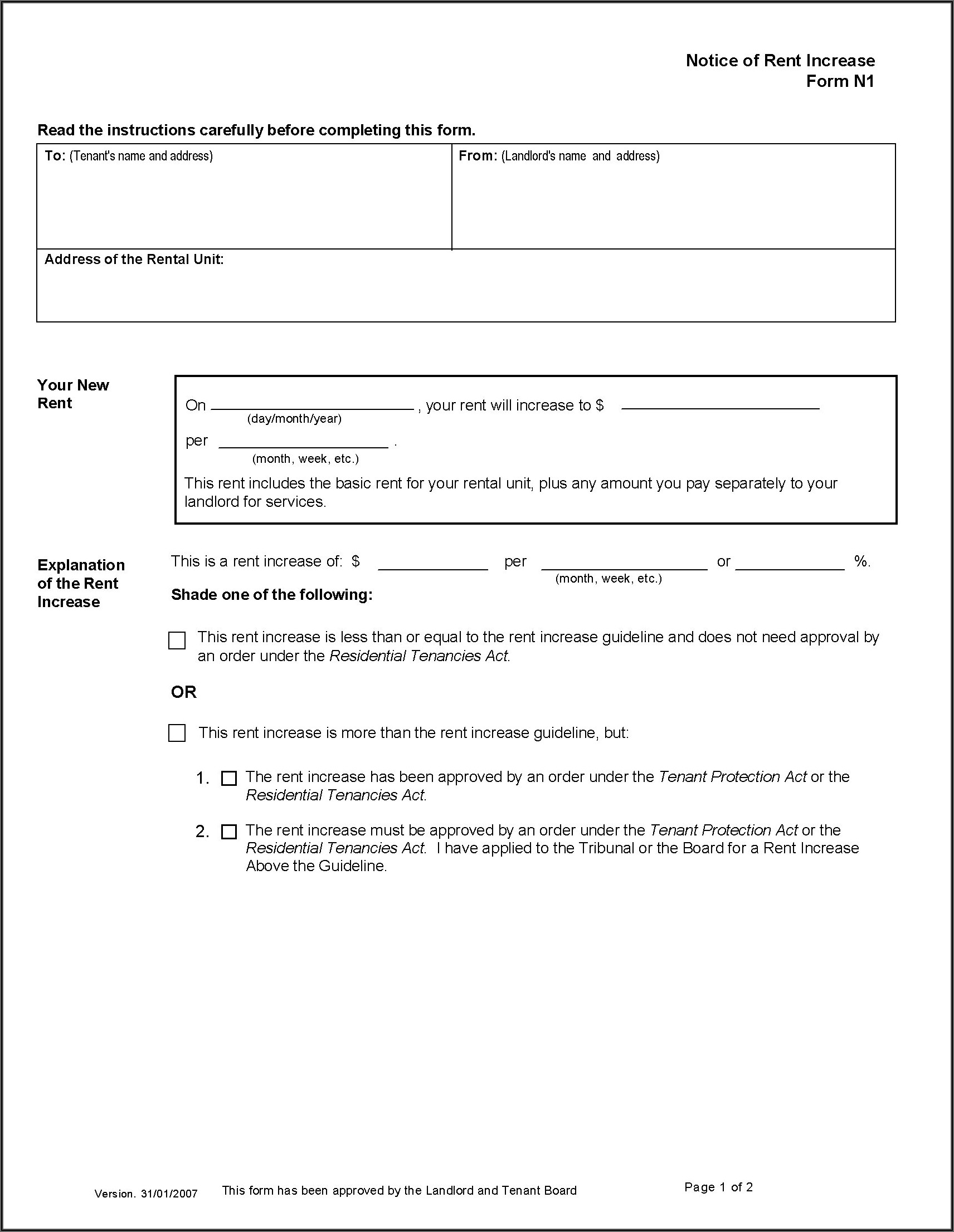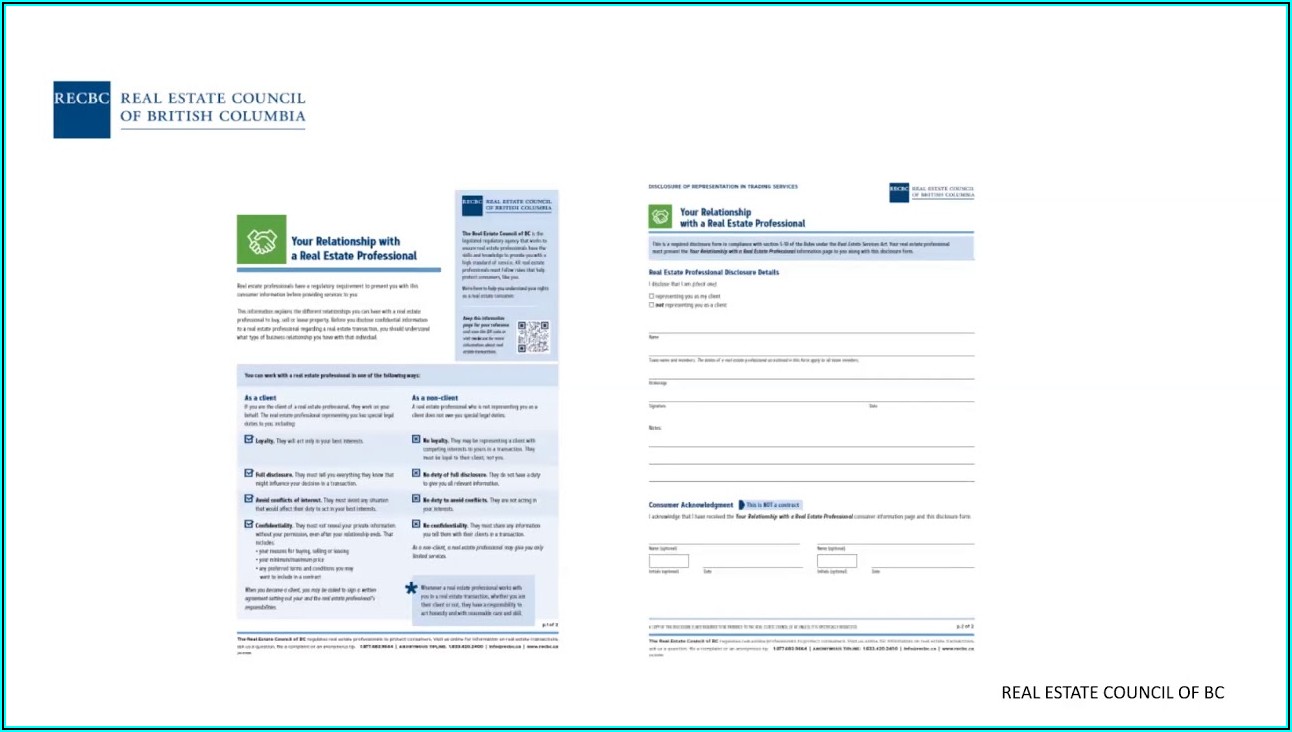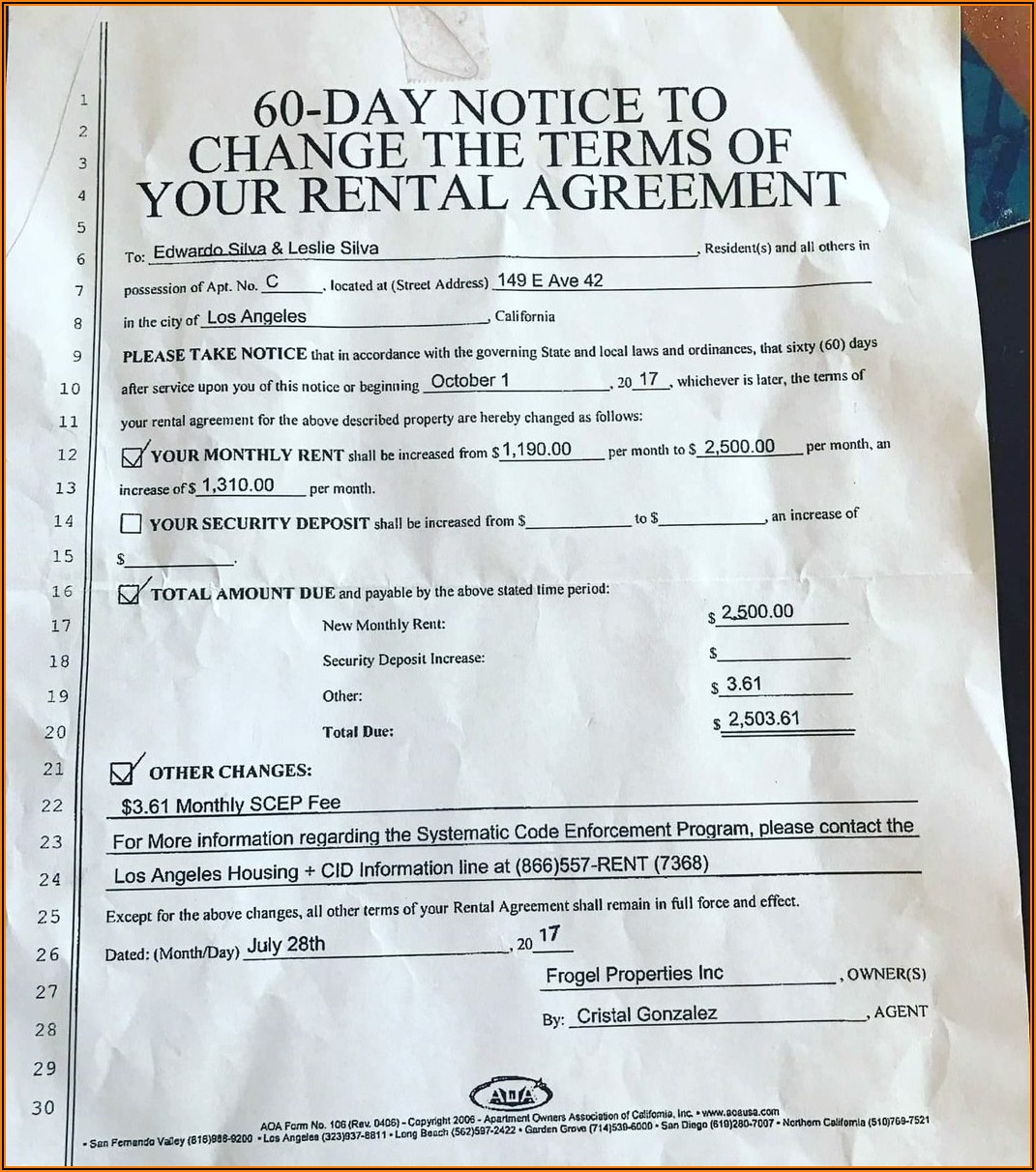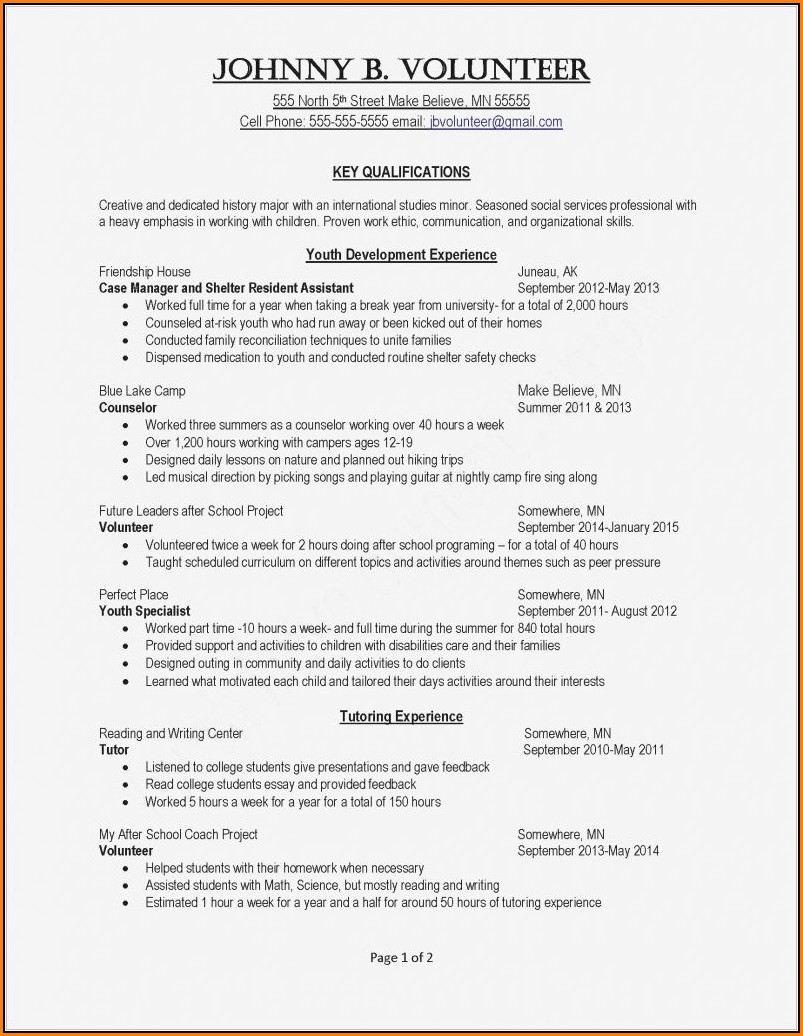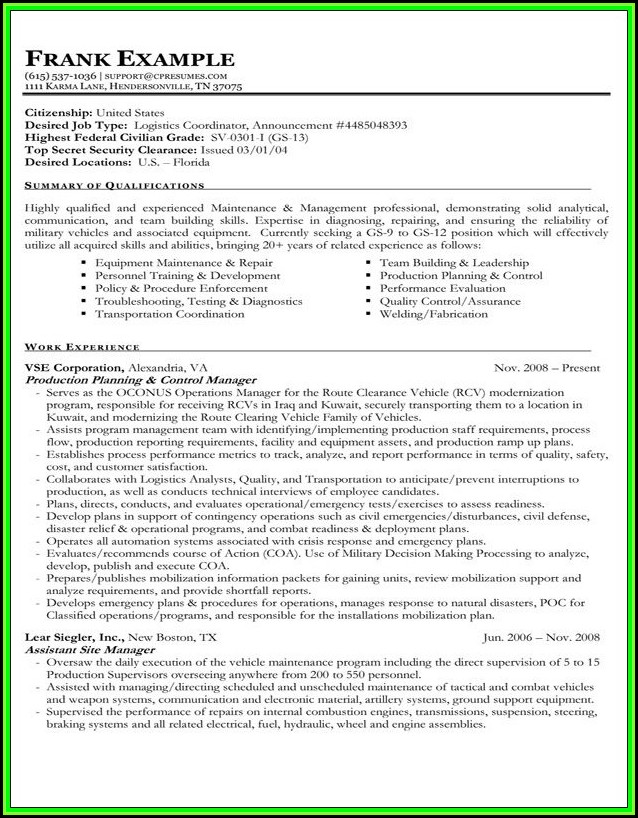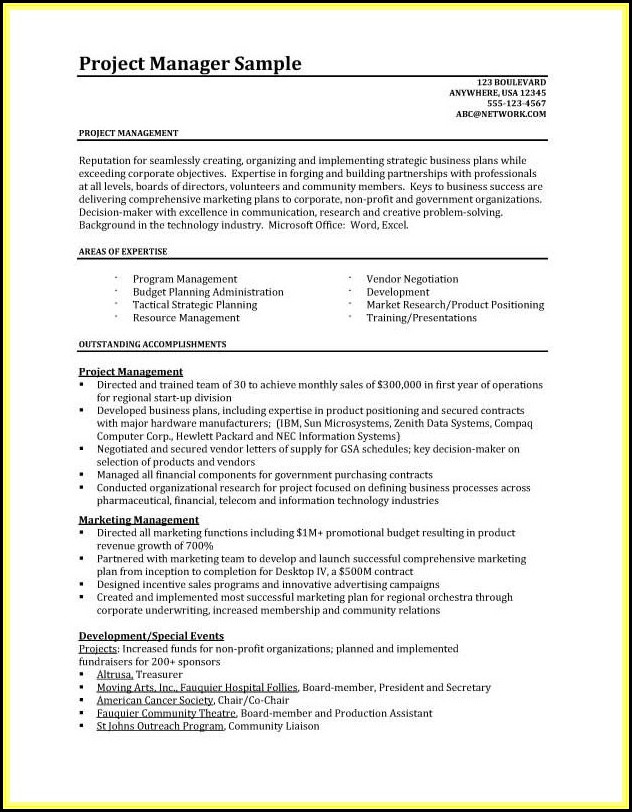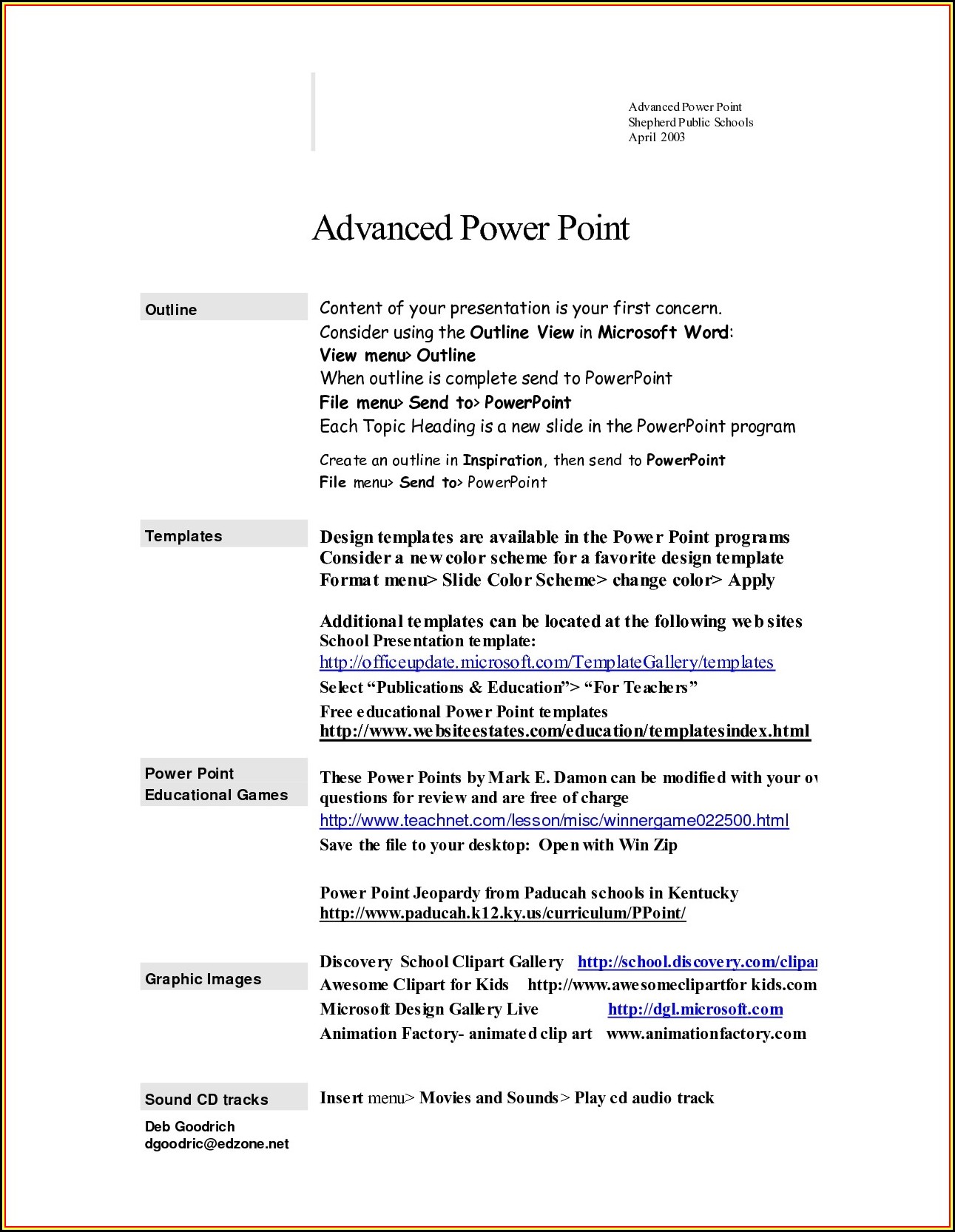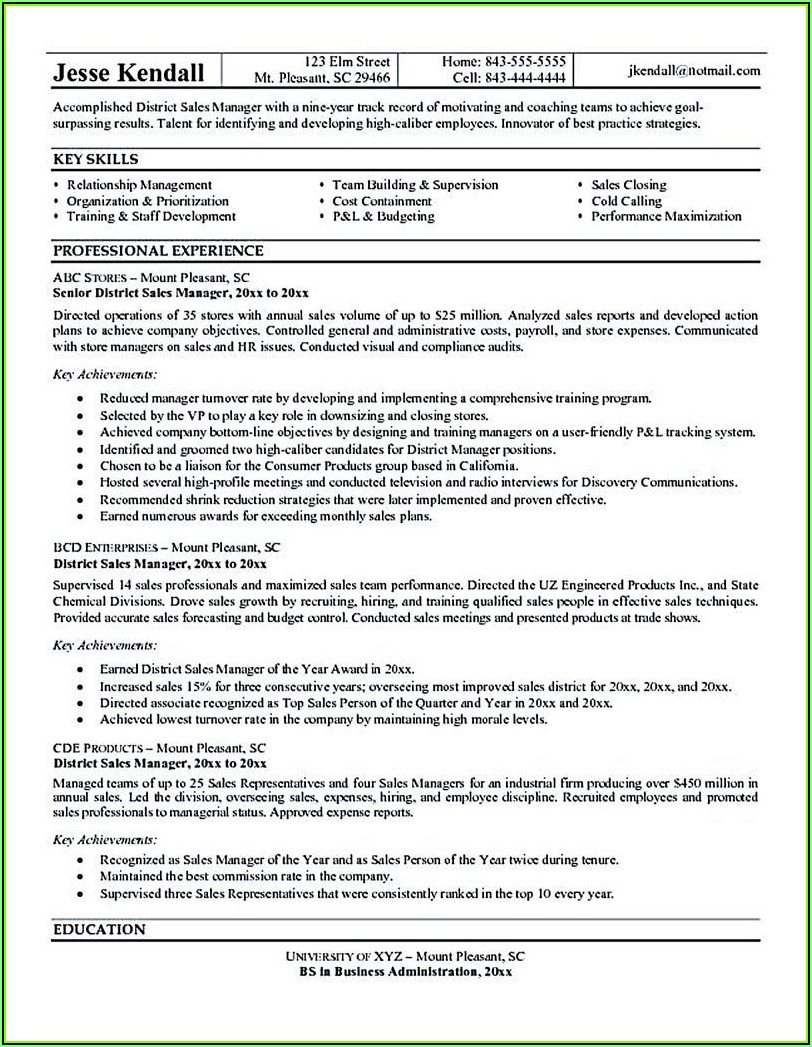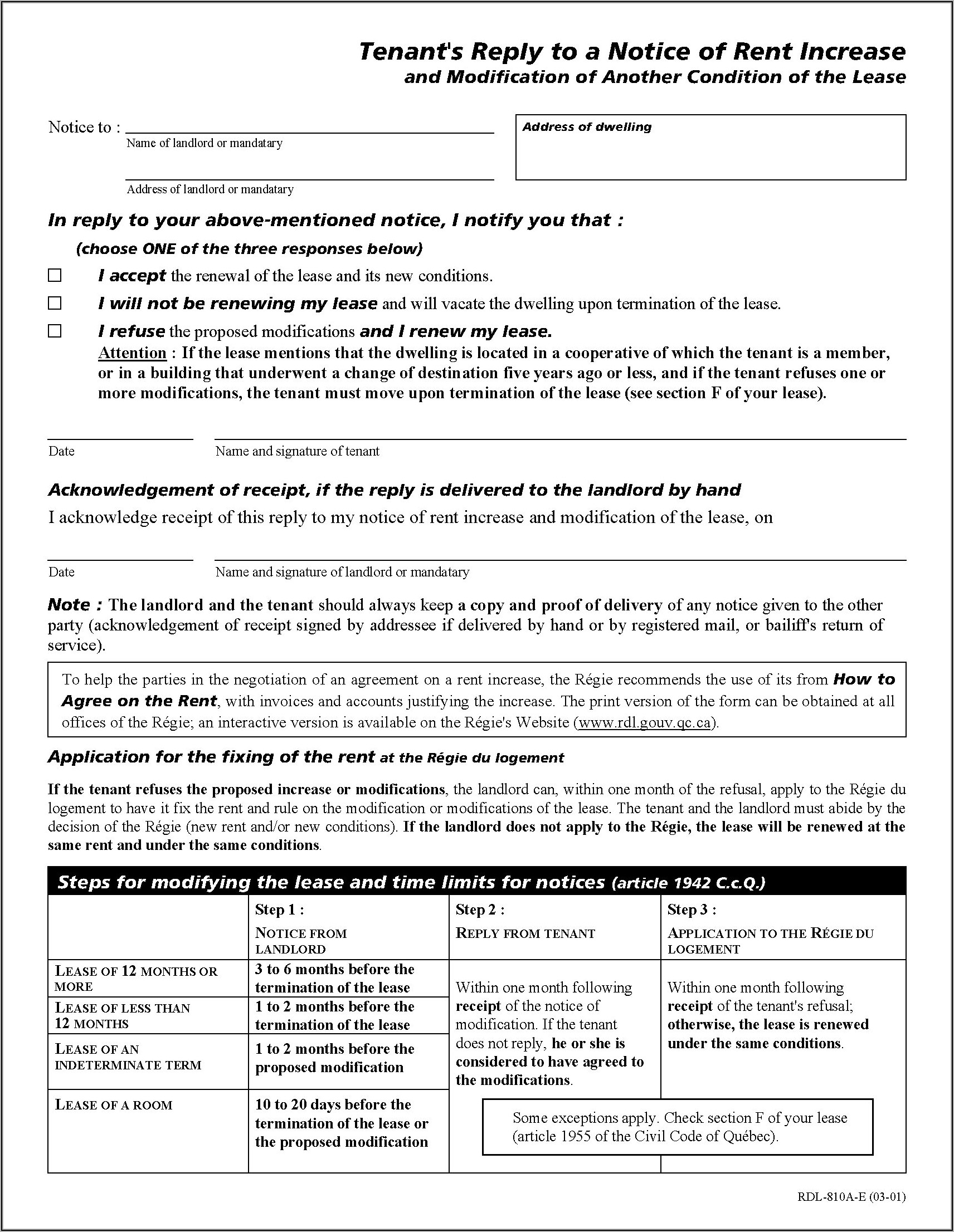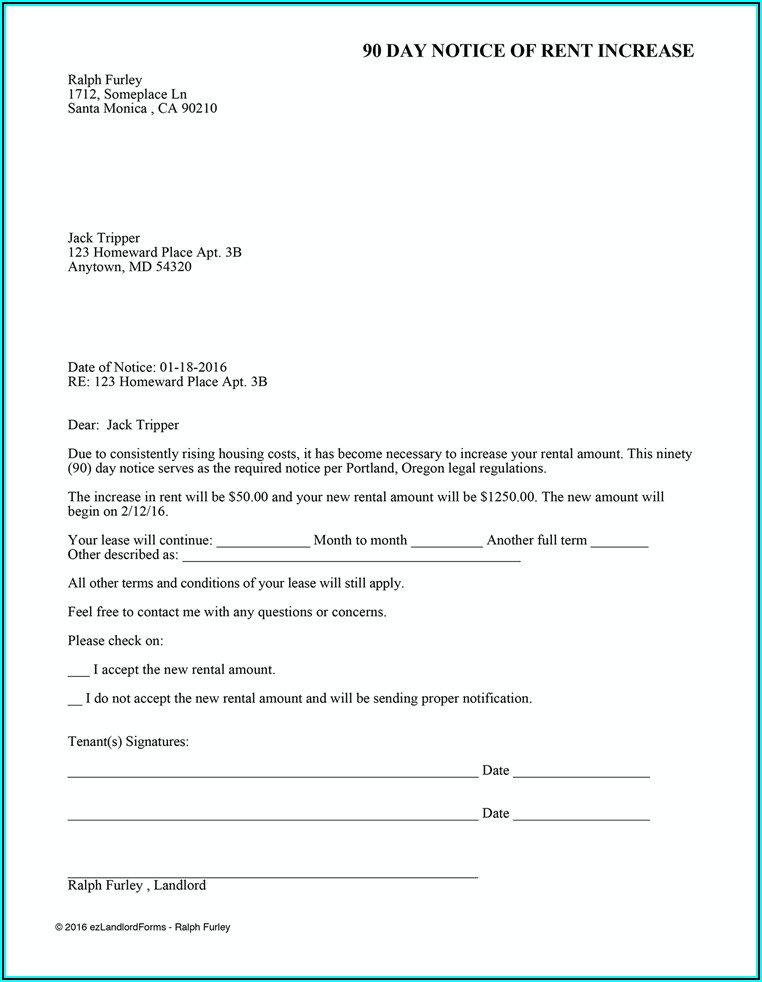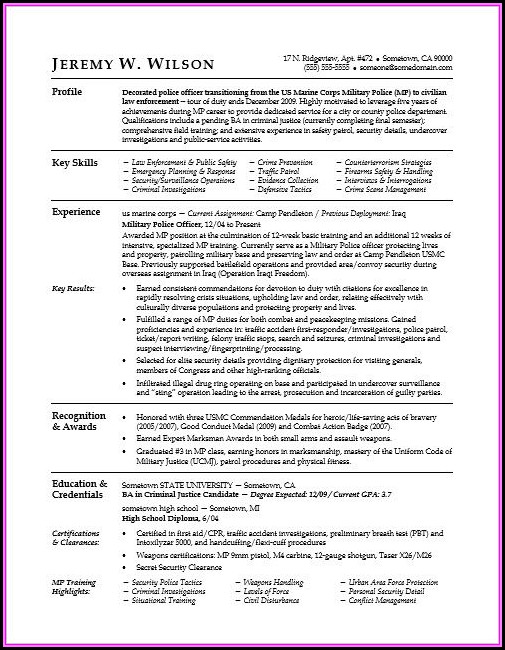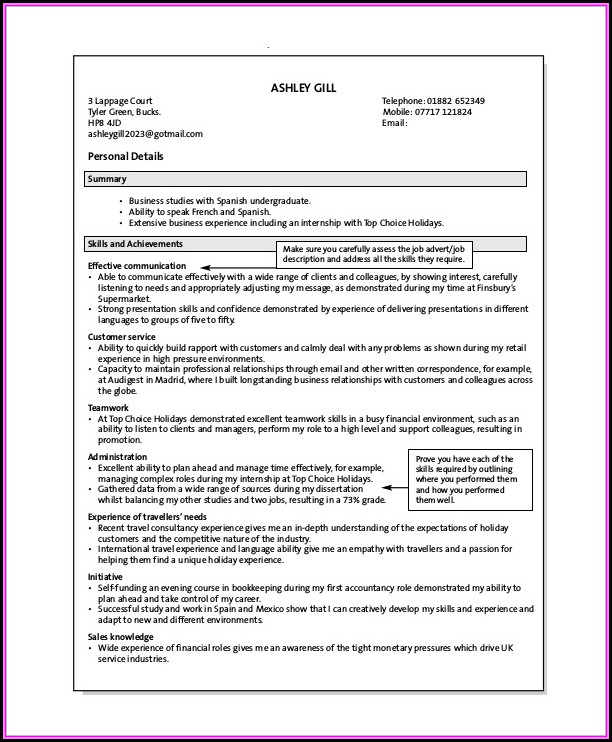
Over the course of my Administration career, I was fortunate to have had the opportunity to work with many different leaders. I have had the opportunity to observe firsthand how brilliant and novice leaders manage people and the situations they face every day.
Through observation, each leader provided me with valuable insights into effective people management, team dynamics, and important don’ts and don’ts in leadership. I have learned so much from these leaders, even though they weren’t aware of how important they were to my understanding of people dynamics.
As I’ve grown in my career, I’ve discovered many insights from business leaders around the globe that can be applied to my learnings on the job. Jim Rohn and Stephen Covey, Brian Tracy, Ken Blanchard, and Ken Blanchard all had an impact on my understanding of leadership. They have been able to walk their talk and show their commitment to helping each of us grow and develop professionally and personally.
This list is a combination of some of their messages and my personal life experiences. Here are 7 tips to improve your leadership skills and achieve better results for your team.
Tip 1
Daily reflection on your behavior in situations with. Ask yourself: “How can I make things better next time?Keep track of any suggestions and make sure to implement them next time. You can gain great insight by reflecting on what you have seen and observing the results. Reflection and observation are essential tools for great leaders!
Tip 2
Take a look at each member of your team, and based upon your interactions with them, begin to Take a look at their preferred communication style and create a picture. What do they prefer to work with? You will be able to develop a stronger working relationship with people, even those who are difficult. They will see your changing and will start to appreciate this skill.
Tip 3
Apply Situational Leadership Consider each member of your team’s current knowledge and skills relative to the task or activity that you are asking them to do. Consider how you might approach leading them more effectively. Ask the following questions:
- Should I coach this person through a new project or just give them a hand?
- What support will they need to succeed?
- What are their current levels of knowledge/skills in this field?
- What can I do to help them?
- Are they brand new and require a lot more direction?
- Should I guide them step-by-step through a task because they are unfamiliar with the tasks?
- They don’t need much support as they are already competent and committed to what they do.
- How can I tell if they are ready for full delegation? Take into account their experience, their work output and current autonomy.
- Do they need me to listen to their ideas and discuss the project/situation?
- Is it dependent on them to make decisions?
- Are they more productive if I encourage them take responsibility and make decisions after consulting with me? What can I do to boost their self-confidence by leveraging consultation?
- What are they looking for in me to succeed in their job?
Tip 4
Pause, pause, and listen Pay attention to the messages that your team is sending you. Pay attention to the sub-text and pay close attention to what your team is saying. To ensure you are hearing them clearly, have a private discussion about the issues.
Tip 5
Prioritize clearly In your head and on paper. Find ways to make priorities relevant to the daily goals of your team. You will reap many benefits if you are open to receiving suggestions and ideas from your team members. Even if their ideas or suggestions don’t align with your priorities, you can still acknowledge them and keep the positives going. Leaders who are valued by their followers are appreciated.
Tip 6
Be a lifetime student of self-improvement and personal development For better team and personal results, you should practice what you have learned and evaluate the outcomes. Good public relations skills and people skills can make your team more open to helping you in tough times.
Tip 7
You must foster a healthy respect for your team members and please leave behind your negative ego before entering the workplace. They will show respect and care for you no matter the level of your team’s development.
A word of caution: A lot of people won’t tell a novice leader they aren’t doing a good job. There are many reasons this happens. People prefer to have small-group conversations in the corridors, mini-conferences at coffee machines; they lack motivation; there may also be signs like increased time away work or other warning signs.
This is a warning sign that you should stop doing what you’re doing. I recommend that you Stop and take stock Examine your leadership style to determine if you need to make changes.
You can be a great leader if you are serious about being one. If you are interested, I suggest that you create your own self-educational library and add this book to your reading list.Leadership and the One-Minute ManagerIt was written by Ken Blanchard and Patricia Zigarmi, along with Drea Zigarmi. This is an excellent parable about Situational Leadership.
Great leaders know that there is no such thing as a perfect leader There is no right or wrong way. They are able to inspire others and can adapt their leadership style to meet the needs of each individual.
Remember, even though you may not be in the position to make decisions, you can influence change by practicing leadership skills, self-education, and public relations skills.
Selina Shapland, an Australian artist, is the co-author of Dave – The Bird Dude. She is also a small business reviewer and podcast interviewer. Selina has over 20 years experience in professional administrative work. She is passionate about building positive relationships and inspiring you to pursue your career goals.
